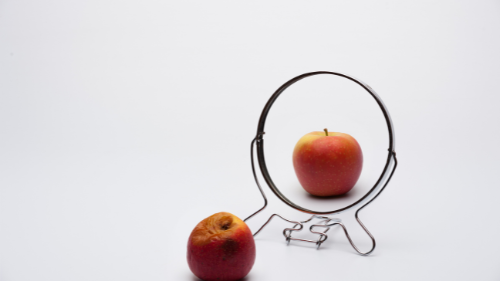The Paradox of Choice and How It Affects Our Peace of Mind
In a
society with almost unlimited options, from what to eat to what career to pursue,
we might think that having many alternatives makes us freer and happier. But
studies have shown that an excessive number of options can affect our peace of
mind, generating anxiety and exhaustion. This phenomenon is known as "the
paradox of choice," and here we will explore how it affects our mental
health and what we can do to manage it.
The
Paradox of Choice and Its Psychological Impact
The paradox
of choice refers to the feeling of overwhelm and stress that arises when we
face too many options. While having alternatives is positive to a certain
extent, when the number of options becomes excessive, our brain becomes
overloaded. Trying to evaluate each option and make the "best"
decision generates anxiety and can cause analysis paralysis, where the person
avoids deciding for fear of making a mistake. Additionally, when a choice is
finally made, satisfaction is usually lower, as doubts arise about whether
another alternative would have been better. This cycle of comparison and regret
affects our peace of mind and can reduce our confidence in decision-making.
Excessive
options lead to less satisfaction with the decisions made. Even after choosing,
people tend to question whether they made the right decision, and constant
doubt increases emotional discomfort. This dissatisfaction influences
self-esteem, as it can generate the belief that we are not "good" at
deciding. Additionally, the pressure to always make the best decision creates
perfectionism that, in the long term, generates exhaustion and affects well-bei
Strategies
to Regain Peace of Mind in a World of Infinite Options
To
counteract the effects of the paradox of choice, try to simplify decisions when
possible. Establishing clear and specific criteria reduces the number of
options, making decisions easier. Another technique is to practice gratitude
and acceptance of decisions, committing to enjoying the chosen option without
comparisons. It can also be useful to reduce the time spent deciding and limit
alternatives to a few options, especially in everyday areas. Finally, remember
that not all decisions need to be perfect; accepting the possibility of error
is part of living in peace.
Reducing
the impact of the paradox of choice allows us to live more calmly and make
decisions more fluidly and confidently.
RewPaz



